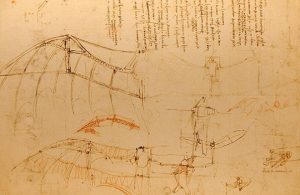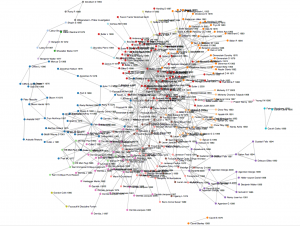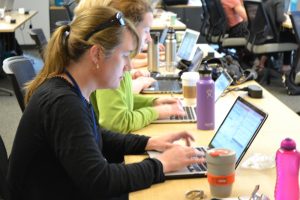
From July 18- 28, 2017 the Leipzig Summer University will offer a unique space for the discussion and acquisition of new knowledge, skills, and competences in computer technologies which are essential in Humanities Computing. The eleven days of this Summer University will include an intensive program that consists of workshops, teaser sessions, public lectures, regular project presentations, a poster session and a panel discussion. Furthermore, the Summer University aims to confront the “Gender Divide,” the under- representation of women in the field of Information and Communication Technologies (ICT) in Germany and other parts of the world. Application deadlines and more information can be found at their website linked below:

